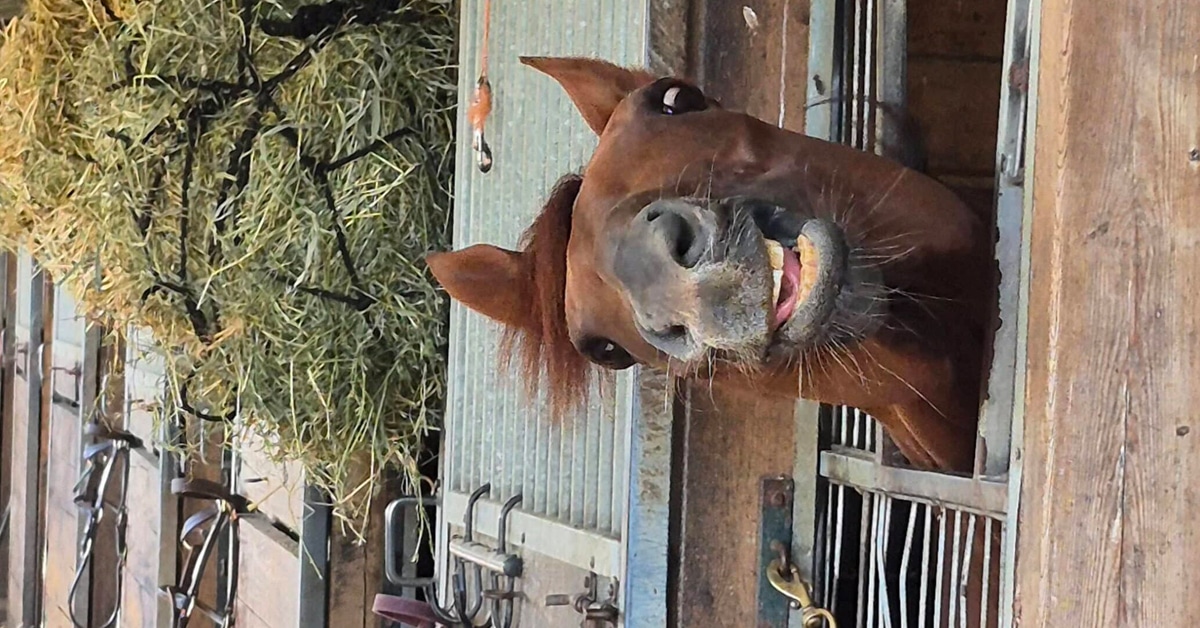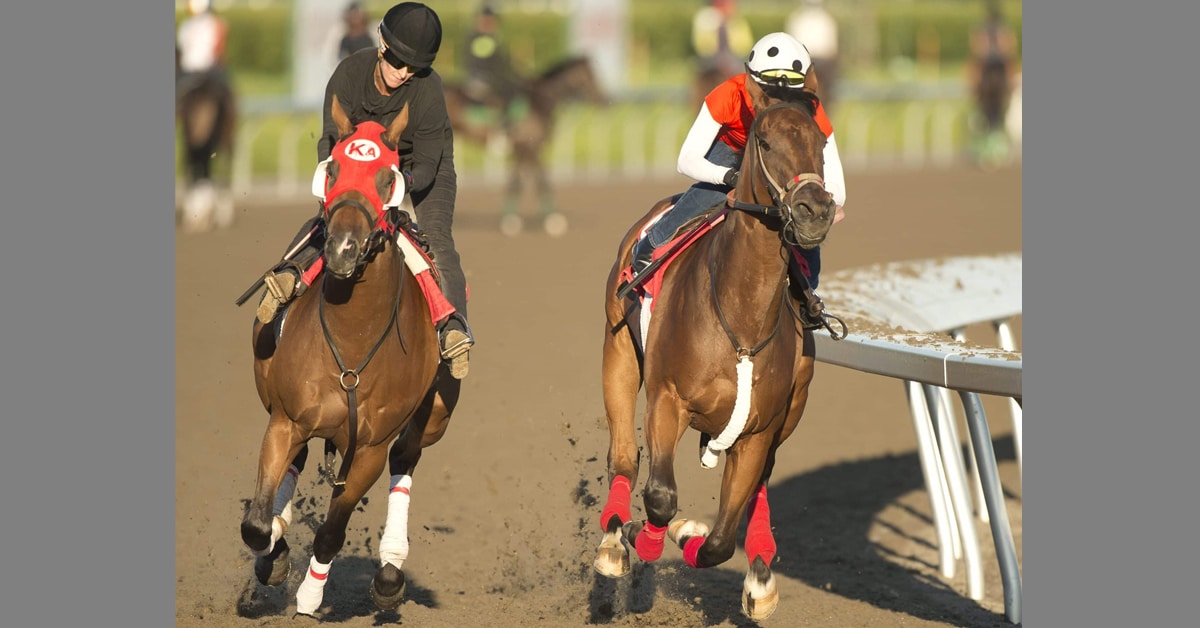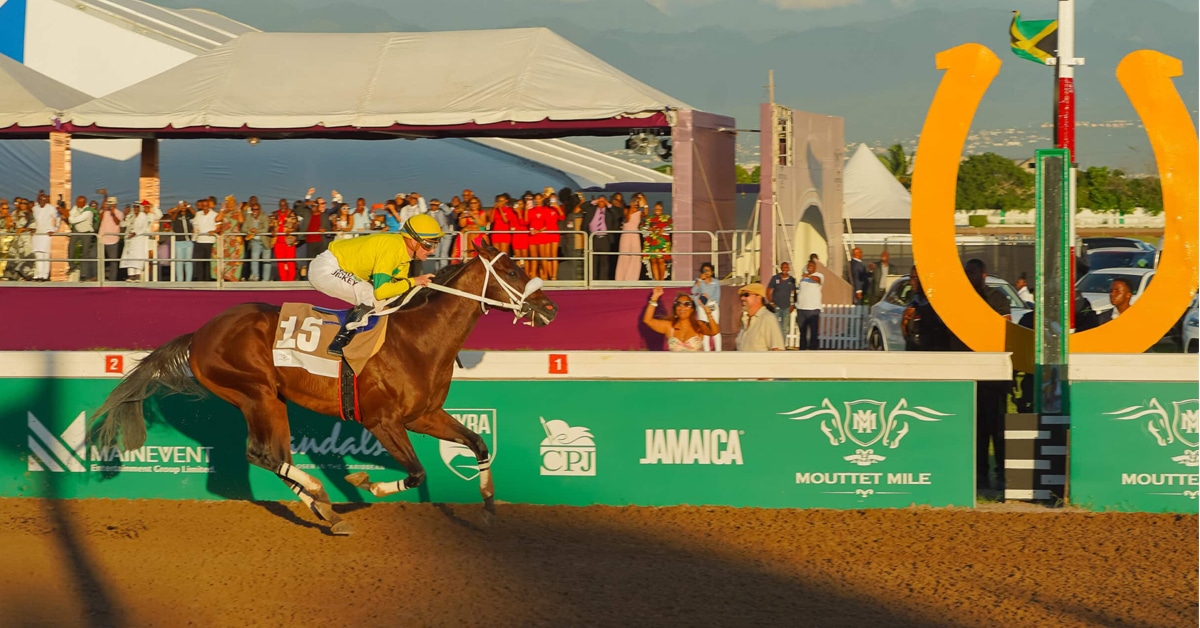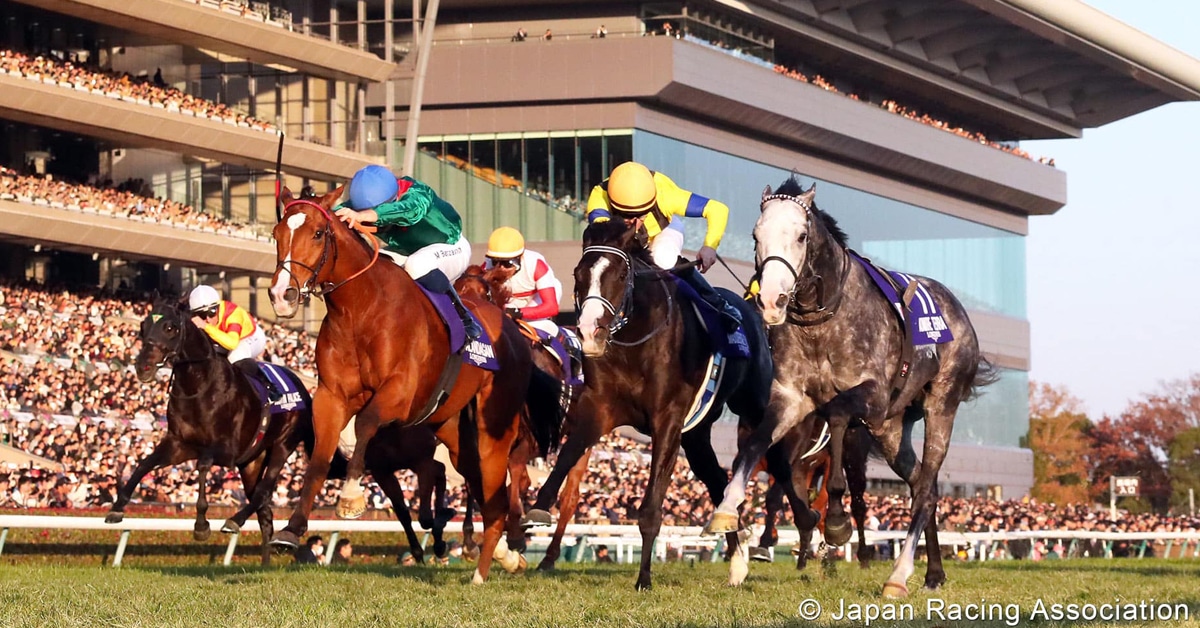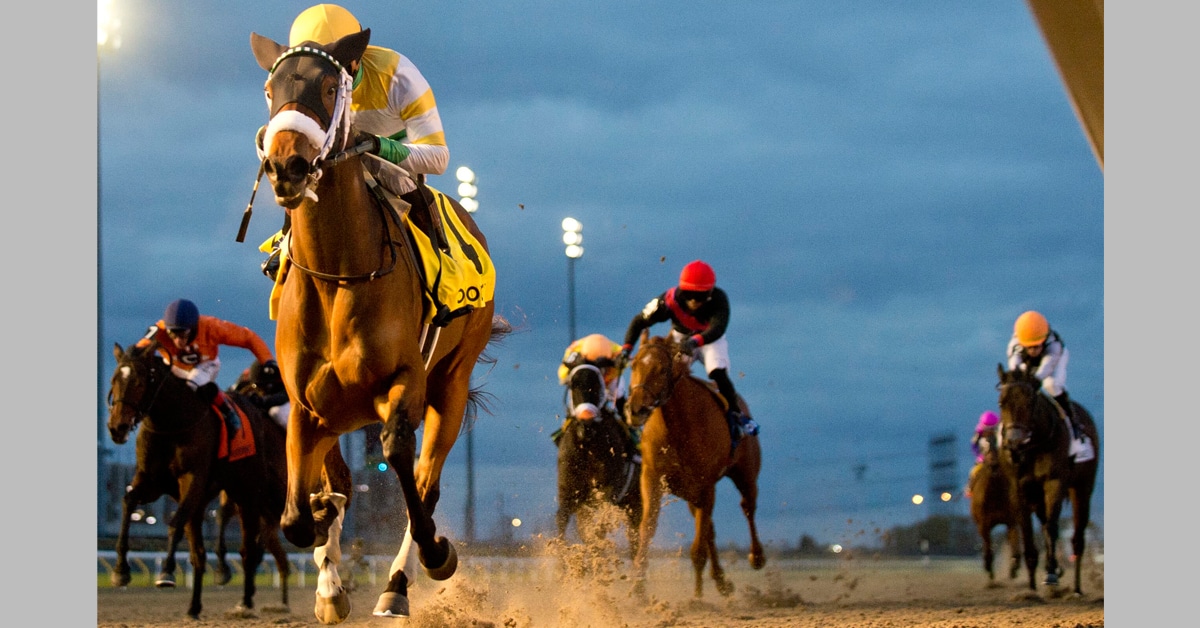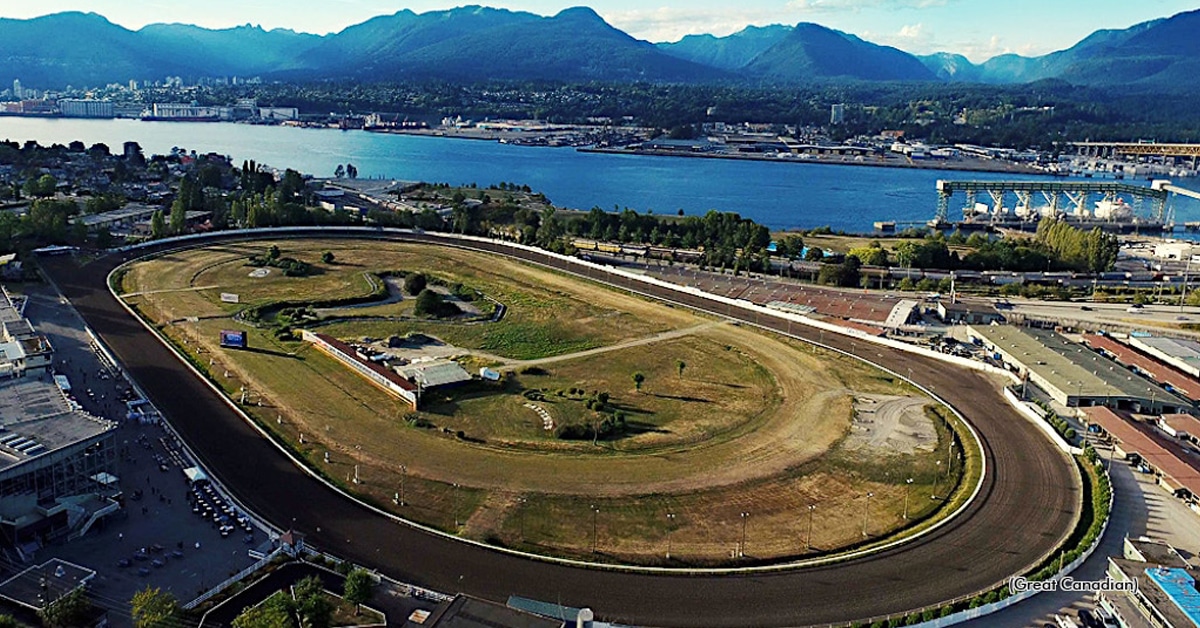The Federal Budget released on March 21, 2013 contains two changes to section 31 of the Income Tax Act.
The Jockey Club of Canada Tax Committee Chair, John Unger, has released the following statement regarding Section 31 of the Income Tax Act pertaining to the horse racing industry in Canada.
First, the wording of section 31 is being changed so as to in effect reverse the Court decision in the Craig case for future years. As a result, the restricted farming loss rules will apply to you unless farming is your predominate source of income. If you have a non-farming source of income that is not subordinate to farming as a source of your income, any losses suffered from farming will be subject to the restricted farming loss rules.
Second, the restricted farming loss limit is being increased from $8,750 (being $2,500 of losses plus one-half of further losses up to $12,500) to $17,500 (being $2,500 of losses plus one-half of further losses up to $30,000).
These changes are proposed to take effect for taxation years that end on or after March 21, 2013.
The Jockey Club of Canada has maintained an active focus on changing the tax rules governing the owning and maintaining of racehorses in Canada. Section 31 of the Income Tax Act had been described by many as outdated and unfair.
The Jockey Club of Canada, Tax Committee Chair, John Unger, and HBPA President, Sue Leslie, presented a new proposal in meetings with the Federal Government in late 2012 and again in early 2013.
“Section 31 has remained substantially unchanged for 25 years,” commented Jockey Club of Canada Chief Steward, James Lawson. “Although the increase is not as much as we had hoped for, it is still progress.”
The Jockey Club of Canada was founded in 1973 by E.P. Taylor to serve as the international representative of the Canadian Thoroughbred industry and to promote improvements to Thoroughbred racing and breeding, both in Canada and internationally. The Jockey Club of Canada also operates as a field office of The Jockey Club (New York); organizes the Sovereign Awards; administers the Canadian Graded Stakes program; liaises with foreign Jockey Clubs; promotes Thoroughbred ownership; and represents Canada at international racing conferences.
More News
